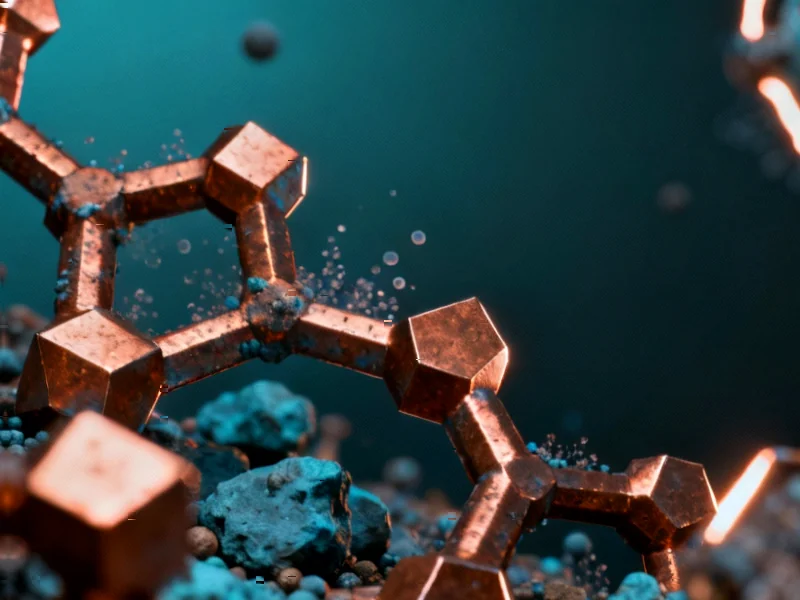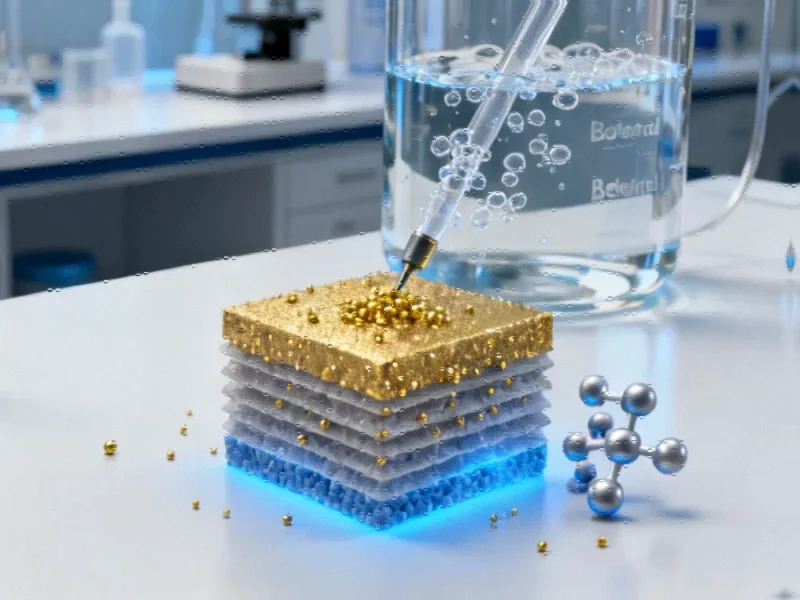Microbes Found to “Breathe” Iron, Combat Ocean Dead Zones
Researchers have identified a novel microbial metabolism where bacteria “breathe” iron minerals to eliminate toxic sulfide. This biological process, occurring in marine sediments and wetlands, may help prevent the expansion of oxygen-depleted dead zones in oceans and lakes while playing a significant role in global element cycles.
A New Player in Planetary Detoxification
Scientists have uncovered what appears to be a previously unknown form of microbial metabolism that could play a crucial role in regulating Earth’s environmental health. According to research findings published in Nature, microorganisms discovered in marine sediments and wetlands are capable of “breathing” iron minerals to eliminate toxic sulfide from their surroundings.

